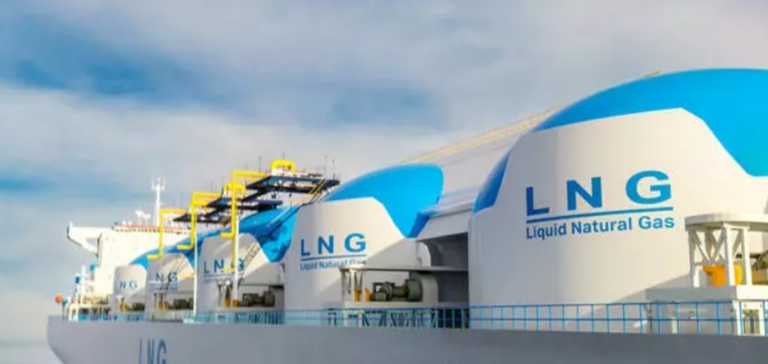Russian LNG in Europe is currently taking center stage. Despite the conflicts in Ukraine, the EU continues to increase its purchases, which has a considerable influence on the geopolitics of gas. This decision raises questions about Europe’s continuing dependence on fossil fuels and potential alternatives.
Increased purchases of Russian LNG
Despite the war in Ukraine, Europeans have considerably increased their purchases of Russian LNG. This increase is partly explained by the reduction in Russian gas pipeline deliveries to the EU following the invasion of Ukraine. Europeans have responded by diversifying their sources of supply, notably by investing in port terminals to increase their LNG purchases. By 2022, LNG purchases have increased by 70%, with over 40% coming from the United States.
Russia’s share of EU gas imports
By 2023, Russia’s share of EU gas imports has reached 15%, down from 24% in 2022 and 45% in 2021. However, this decrease masks the significant increase in purchases of Russian LNG. In the first seven months of 2023, the EU imported 12.4 billion cubic meters of Russian LNG. This represents 17% of its European LNG purchases, compared with 19.3 billion cubic meters for the whole of 2022 and 13.5 billion cubic meters for the whole of 2021.
The challenges of reducing Russian LNG purchases
Reducing Russian LNG deliveries rapidly seems complicated in the short term, due to long-term contracts between European companies and Russian suppliers. One possible solution would be to introduce an embargo on Russian LNG, or to limit its import to coordinated volumes via a common platform, at a capped price. This would reduce Europe’s exposure to a potentially unreliable supplier and geopolitical risk.
Alternative gas supply prospects
Even without Russian LNG deliveries from October onwards, Europe could survive the winter thanks to lower demand in China, making it easier to find alternative sources. However, alternatives such as the USA and Qatar could be more expensive, which could have a negative impact on the EU. Europe faces a delicate energy dilemma, as it seeks to reduce its dependence on Russian LNG while securing its winter energy supply. Future decisions will have a significant impact on the EU’s energy security.






















